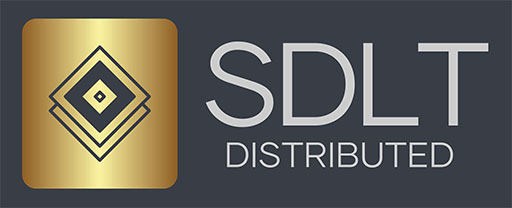
IOTA Blockchain Aims to Revolutionize Emergency Evacuations in Japan
Japan’s city of Iizuka is pioneering a new initiative in digital identity technology, leveraging the
blockchain to develop a decentralized system aimed at streamlining and enhancing the security of emergency evacuations. The pilot project, which commenced recently, marks a significant step forward in integrating distributed ledger technology (DLT) into public safety infrastructure, with the potential to serve as a model for other municipalities facing similar logistical challenges.
At the heart of the initiative is the use of IOTA-based digital IDs, which enable citizens to securely verify their identity and location during emergency evacuations. This system replaces traditional paper-based or centralized digital verification methods with a tamper-proof, distributed solution that can be accessed even in low- or no-network environments, a critical consideration during disasters when communication systems may be disrupted. The IOTA protocol, known for its lightweight and feeless transactions, allows for the seamless exchange of identity data, ensuring rapid verification without compromising user privacy.
The Iizuka initiative is particularly relevant in a country like Japan, where natural disasters such as earthquakes and typhoons are relatively common. By enabling real-time tracking and identity confirmation, local authorities can more effectively manage evacuee populations, allocate resources, and respond to emergencies with greater precision. The system is also designed to reduce the risk of identity fraud, which can complicate rescue operations and lead to inefficiencies in aid distribution.
This pilot follows broader global trends in the use of DLT for public infrastructure applications. Governments and municipalities around the world are increasingly exploring blockchain technology to enhance transparency, accountability, and efficiency in public services. For Iizuka, the project aligns with its ongoing efforts to modernize urban management systems and improve citizen engagement. The city has partnered with local technology firms and the IOTA Foundation to develop and implement the platform, with a focus on scalability and long-term sustainability.
Despite its potential, the adoption of IOTA and similar blockchain technologies for public use is not without challenges. Technical barriers, including the need for user education and device compatibility, must be overcome to ensure widespread adoption. Additionally, while IOTA’s feeless model is a significant advantage, it requires robust governance and maintenance to sustain the network’s performance and security. The success of Iizuka’s initiative will depend not only on the technology itself but also on how well it is integrated into existing emergency response frameworks and how effectively it gains public trust and participation.
The pilot is expected to run for several months, during which time the city will gather data on its effectiveness, user feedback, and technical performance. If successful, Iizuka plans to expand the system to other critical services, such as access to public transportation and emergency services. The initiative could also serve as a case study for other cities in Japan and beyond, demonstrating the practical benefits of blockchain in public administration and emergency management.

